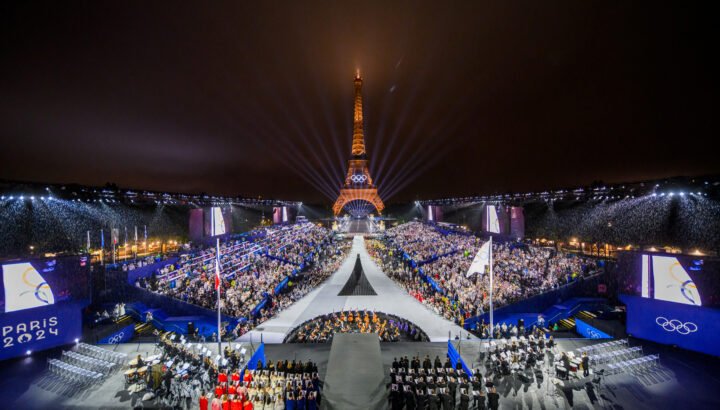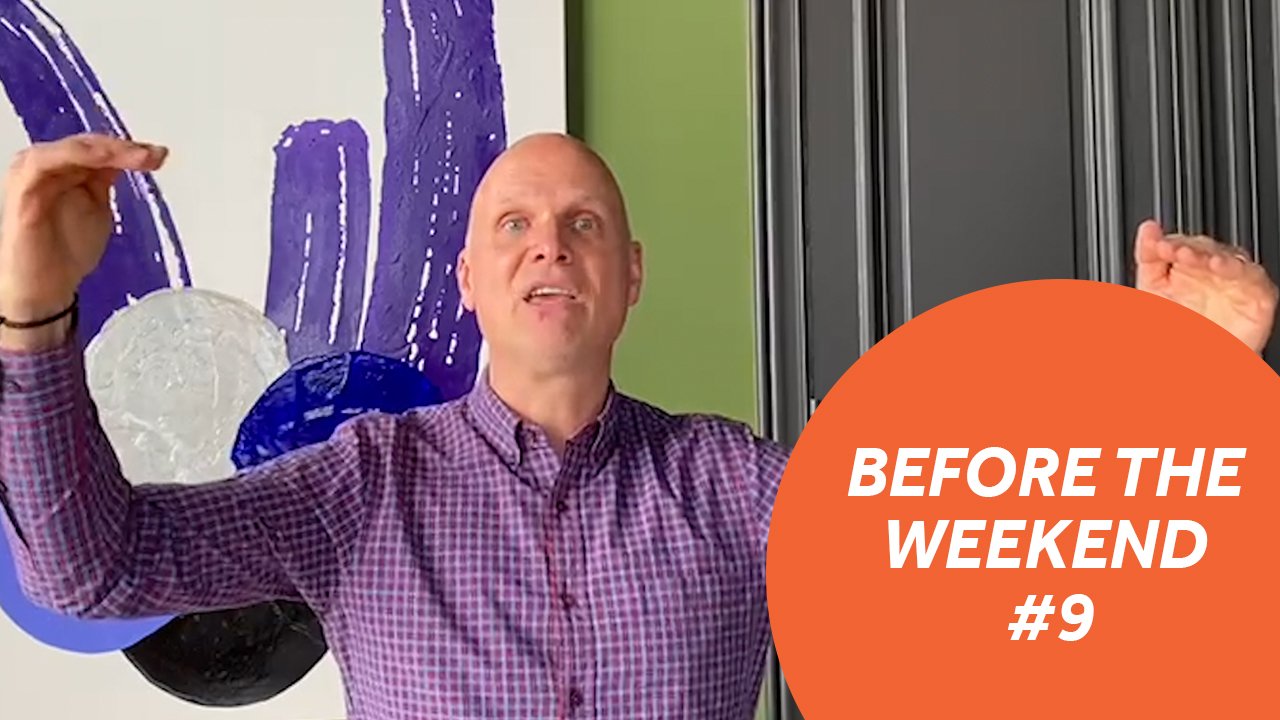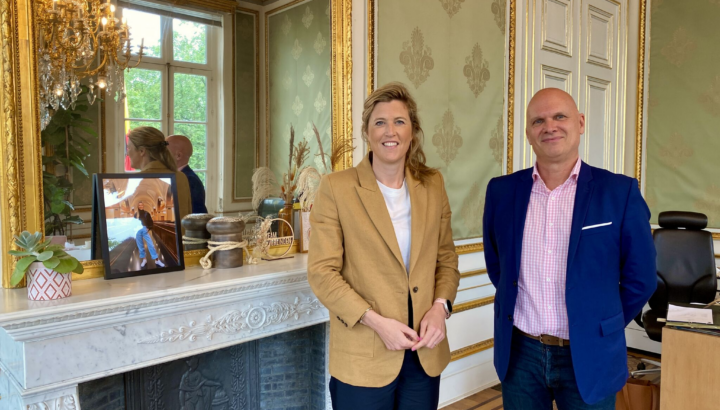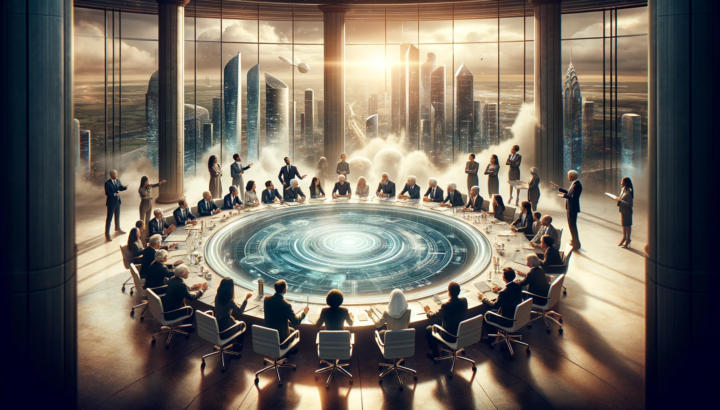
The Noble Purpose of Olympic Games
Why the Olympic Games Keep Igniting the Flame in People “Pierre de Coubertin, the founder, envisioned the OG to promote peace, mutual understanding, and the moral and physical development of individuals and […]

Should we waive patents for COVID vaccines? Do power and corruption go hand in hand? Why are we afraid of people who are different? I was in a very philosophical mood this week, so I hope you will join me in thinking about these topics. Don’t hesitate to leave a comment here or on the Youtube video. I’d love to know how you see things.
There’s a clear disparity between the high vaccination speed in some — mostly Western — countries and entire continents that are lagging behind. In some countries, the vaccination percentage is below 5%! Let’s hope this is not because the people in charge place more value on some lives than others. In any case, it’s clear that the demand for vaccines is too high for just a handful of companies to supply.
So should we save the world by waiving patents for the COVID vaccines?
To me, that doesn’t seem like good approach. Which organization or entrepreneur would still want to take the risks and costs associated with researching and developing new products, if their patent could be taken away at any moment?
What if instead, we look for new ways to collaborate and help these companies scale up production? Why not look for partners on all the different continents? They could make use of the expertise to produce vaccines, while still keeping confidentiality. Some form of mark-up or other commercial agreement could be put in place. Or the larger governmental bodies could cover the costs for R&D, to compensate for the losses of opening up production.
Finding new ways to collaborate without taking away the incentives to do R&D will be crucial, in order to deal with the current situation. The pharmaceutical industry could be a great example for other sectors if they succeed.
Does power corrupt our ethical basis? Or do we get power because we have an unethical basis? Why do so many reputable leaders become a victim of their success? When do we shift from ethical to unethical?
Recently, we’ve seen quite a few leaders in that situation, like Bill Gates, Carlos Ghosn, Harvey Weinstein, Kevin Spacey, Prince Andrew and even the French painter Paul Gauguin. These are all incredible people, that have reached the very heights of success in their fields and used to be reputable men. But now their reputation has gone down the drain.
No matter how much one may have achieved or realized, no matter how inspiring one may have been or how much one may have contributed to society, it’s never an excuse for unethical behavior. In fact, I’d like to reverse the reasoning: if you want to be a reputable and inspiring leader, you should combine your expertise in your field with high moral standards.
This week we celebrated the International Day Against Homophobia, Transphobia and Biphobia. On some level it’s sad that we still need a day like this, but make no mistake, it’s still very necessary. LGBTQ+ people are still discriminated against, even murdered, simply for being who they are.
Why this lack of tolerance?
Is it because we are afraid of what we don’t know?
Is it about losing something, if we accept the other?
Is it because we have specific needs, that stand in the way of accepting?
Is it because we don’t care?
Is it because we are stupid, not sufficiently evolved?
Or is it because of something else?
Would you, reader, look differently at someone who is respected, successful, tolerant, acting normally, if he or she would be black or gay, has green hair, belongs to a different religion or has different convictions than yourself? When do we start becoming intolerant? When does separation and discrimination kick in?
Being gay myself, I am still part of a discriminated minority, even if I myself don’t face problems with intolerance. At least not anymore, since I became independent and could talk about it with many people. This was very different when I was an adolescent.
I wonder how people mix up “different” and “wrong”. Who are we to say that somebody is wrong, just because they are different and not because of some unethical behavior? What is it that we need to be able to accept others, simply for who they are? What does our lack of acceptance tell us about who we as human being really are?
These are profound questions and I don’t necessarily want to present you with answers. Before The Weekend is there to help you reflect and come up with your own response, which may be completely different from my own.
What are your terms for acceptance?
Before we head of into the weekend, I’d like to leave you with a quote by Georg Lichtenberg:
One’s first step to wisdom is to question everything and one’s last step is to accept everything.

Why the Olympic Games Keep Igniting the Flame in People “Pierre de Coubertin, the founder, envisioned the OG to promote peace, mutual understanding, and the moral and physical development of individuals and […]

Olivier Onghena – ‘t Hooft in Conversation with Belgian Minister Annelies Verlinden “We want political leaders to uplift society – especially those people who are less informed and more vulnerable to populist […]

A New Vision for a Humane World Need for Evolving Leadership to LovinShip Olivier Onghena-‘t Hooft, Founder & Executive Chairman For someone who knows what it means to be brutally shot and […]